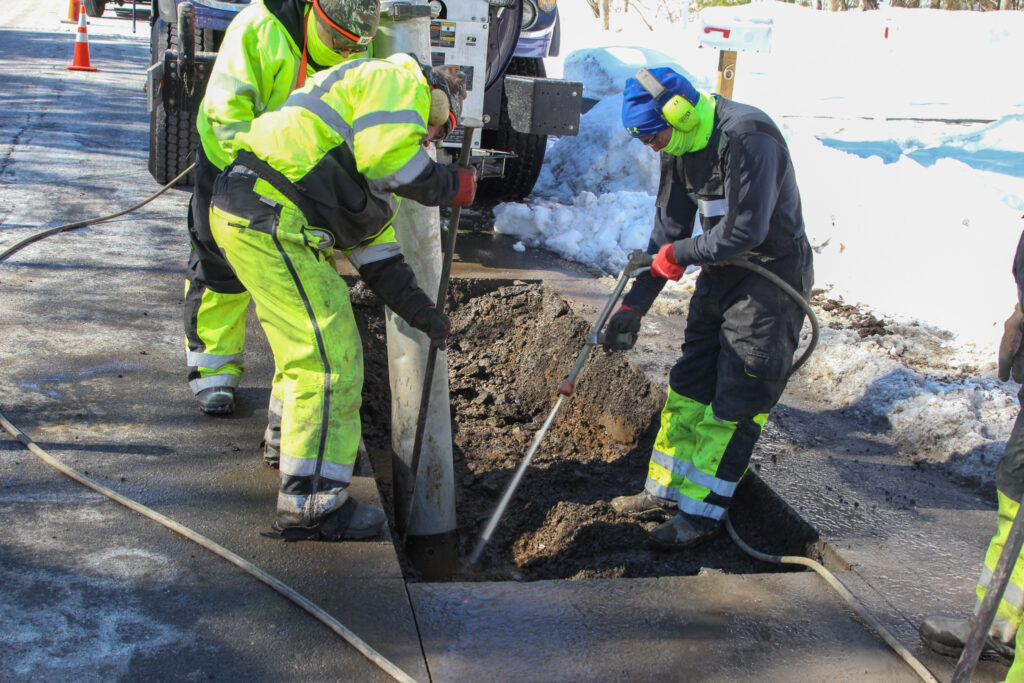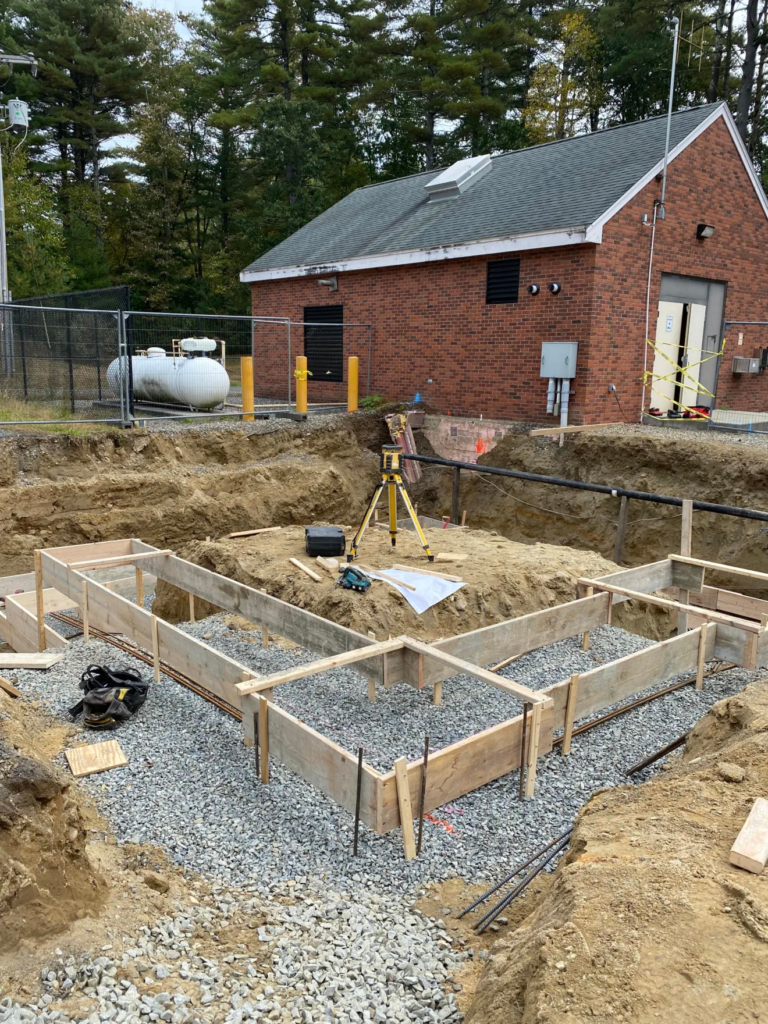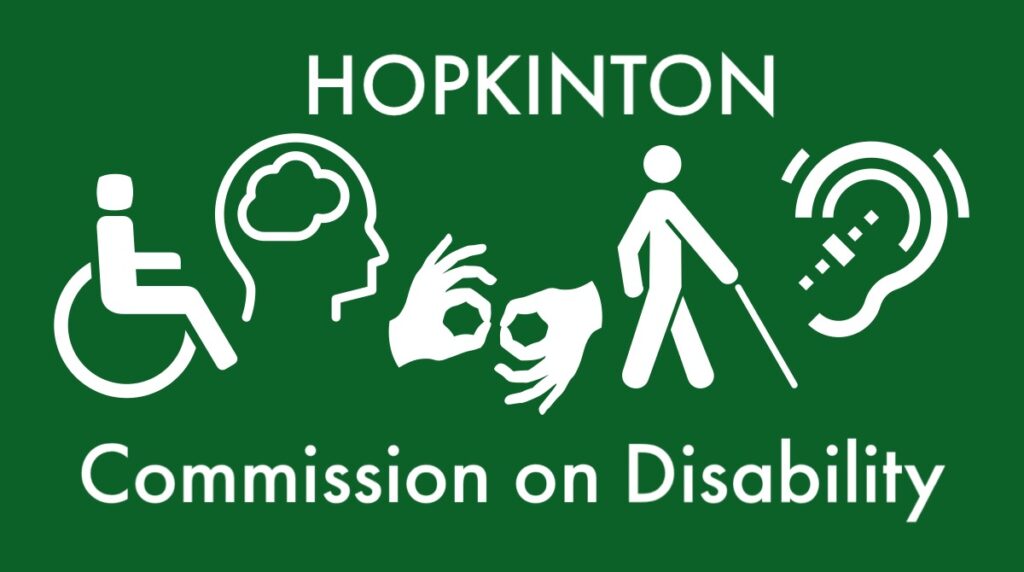The Board of Health at its meeting this past Thursday announced that the town will implement a new biosafety regulation at the request of the Hopkinton Chamber of Commerce to regulate biotech laboratories as that industry expands in town.
Health Director Shaun McAuliffe said he drafted the document as a Health Department regulation. This regulation does not require Town Meeting approval.
“There’s really only one community that has a well-written biosafety regulation, and that’s Cambridge,” McAuliffe explained, noting that Cambridge worked with the state’s Department of Public Health and Department of Environmental Protection when creating its document.
McAuliffe consulted with counterparts in Cambridge to craft the language of the five-page document. The regulation would prohibit Biosafety Level 4 laboratories in town. Level 4 laboratories work with dangerous viruses including Ebola and Marburg viruses, which tend to originate in Africa, as well as Lassa fever, Bolivian hemorrhagic fever and other hemorrhagic viruses found in the tropics. Biosafety Level 3 laboratories will require “strict oversight” from Westborough because that community controls the vast majority of our wastewater flow, according to McAuliffe. These facilities work with viruses that are airborne, such as anthrax.
“Anything going into our wastewater has to be cleared by Westborough,” McAuliffe said.
The regulation requires that a biosafety committee be created to review proposals for businesses of this type. It will include Health Department staff, members of the Select Board, a representative from the Westborough Sewer Committee, members of the Hopkinton Chamber of Commerce and representatives from pharmaceutical companies. The agents and treatments proposed will be considered.
“Most of the biopharma companies in Hopkinton now in business are not discharging waste into our sewer system,” McAuliffe said. “They operate what is analogous to pool chlorination systems. They make compounds that develop unique cell lines for people that are easily regulated and destroyed by simple chlorination.”
These systems deactivate any live biologics with chlorine and then pump them into a holding tank. The tank is then taken off-site by a hazardous waste company for further treatment.
Board chair Richard Jacobs said he was “confident” about the regulation considering that it was modeled after the one in Cambridge, which he called the “life science center in the state.”
When a firm is approved, McAuliffe said, a company representative would meet with himself, public safety officials and Town Manager Norman Khumalo. They would perform a walk-through of the facility before it receives an inspection from the Fire Department.
McAuliffe explained that one issue that can be problematic for some biopharma companies is that their glass containers have to be rinsed in acetone after being washed. Currently, companies cannot meet the standards for dispensing the liquid into the sewer system.
Jacobs moved that the document be returned to McAuliffe for a final review before the board votes on it at its next meeting on July 24.
MassDEP finds off-site well at YMCA as a PFAS source
McAuliffe said he recently confirmed with the deputy director of MassDEP that an off-site well located at the MetroWest YMCA Family Outdoor Center on East Street is going to be considered “a yet-to-be-determined off-site source” for PFAS.
“This is going to, in practice, relieve the YMCA from a lot of regulatory responsibilities,” McAuliffe explained.
He noted that when the well was tested, it was considered to be “one of the highest sources of PFAS in the community — if not the highest.”
Under normal circumstances, the YMCA would have to hire a consultant and put together a remediation plan to treat the well’s water, which McAuliffe estimated would cost about $100,000. Because the water source is off-site, the YMCA is not responsible and can receive financial assistance.
Public Health Nurse Simone Carter explained that it is a secondary backup well and that there are no safety concerns for people using the YMCA.
PFAS also has been found at the Hopkinton Country Club, McAuliffe explained, because of fertilizer that had been applied that unknowingly contained PFAS “as a likely contaminant.”
“The golf club should not be held responsible for installing a water treatment plant because they followed the instructions,” McAuliffe said. “They are relieved that they are relieved from any responsibilities for having to build a water treatment plant.
“On the flip side, they have a duty to provide clean and safe water to their membership,” McAuliffe continued. The facility is bringing in an underground storage tank for water that will be put into its water systems in the kitchen and bathrooms, he said.
MassDEP was in town early in the week to get permits to test residential wells in the Saddle Hill and Fruit Street neighborhoods, he added.
Narcan training going well
In her report, Carter said there would be trainings in Narcan administration and community harm reduction on July 12 at 1 p.m. and July 19 at 1 p.m. at the Senior Center. She explained that individuals only need to attend one session. Attendees will learn how to recognize and react to an overdose situation and when and how to administer Narcan, a life-saving medication that can reverse an opioid overdose and save lives. Opioids are a class of drugs that include illegal drugs but also can include pain-relief prescription medications found in many household medicine cabinets. Advance registration is requested.
The Health Department was awarded 252 doses of Narcan through the state for the program, Carter said, “and I’ve probably gone through half.”
“All in all, the training has gone really well,” Carter added.
While she said she expected more people in their 20s to attend trainings because of overdose rates, what surprised her was that more attendees were parents of twentysomethings. She added that data from the state about overdoses was released that day that showed that the number of overdoses declined in 2023 so far, after growing during the pandemic.
There are going to be boxes of Narcan doses available at the library, the Senior Center and Town Hall shortly, she confirmed, saying that the program “has made good strides.”
She also said that free COVID-19 tests remain available at the Health Department. They are valid for 15 months after the printed expiration date on the box.
Author to speak in Hopkinton
McAuliffe announced that doctor and author James J. O’Connell, who wrote the book “Stories from the Shadows: Reflections of a Street Doctor,” will be giving a lecture in town on Sept. 11. It will be co-sponsored by the Health Department, the Hopkinton Public Library and town’s Youth and Family Services Department.
In 1985, O’Connell began full-time clinical work with homeless individuals as the founding physician of the Boston Health Care for the Homeless Program, which now serves over 13,000 homeless persons each year in hospital-based clinics at Boston Medical Center and Massachusetts General Hospital as well as in more than 60 shelters and outreach sites in Boston. With his colleagues, O’Connell established the nation’s first medical respite program for homeless persons in September 1985, with 25 beds in the Lemuel Shattuck Shelter, according to a press release. This program now provides acute and sub-acute, pre- and post-operative, and palliative and end-of-life care for homeless persons in the freestanding 104-bed Barbara McInnis House.
“Dr. O’Connell said he has a quote that applies to us here,” McAuliffe said. “He said, ‘You don’t acknowledge your accomplishments here because you’re too busy doing the work.’ ”
Said Jacobs: “That’s quite a compliment.”
Director working on program to raise public awareness on peanut allergies
McAuliffe announced that he is working on a public awareness campaign on the dangers of exposure to peanut-based products at playgrounds for those who suffer from peanut allergies. He had been approached by a student at Hopkins Elementary School with a deadly peanut allergy. McAuliffe said the student told him that this allergy prevents her from using the playground because fellow students eat peanut butter sandwiches there.
He decided to implement signage at playgrounds after reading an article in the This Allergic Life e-magazine about a similar campaign in Texas. He learned that one in 13 children have food allergies. The playground signs to that effect were produced shortly before the pandemic struck. McAuliffe said he expects to launch the playground public awareness campaign on food allergies before the start of the school year.
Mannan elected vice chair
Nasiba Mannan, who was elected to the board in May for a three-year term, was elected to serve as vice chair. She has more than 16 years of experience in the health care industry. She holds master’s degrees in public health and nutrition and is planning on completing her master’s degree in business administration next year.




















Has anyone tested the town owned land where the new Elmwood School is being proposed? It was originally part of Idlewood Farms where an orchard was fertilized and in earlier years sprayed with DDT.